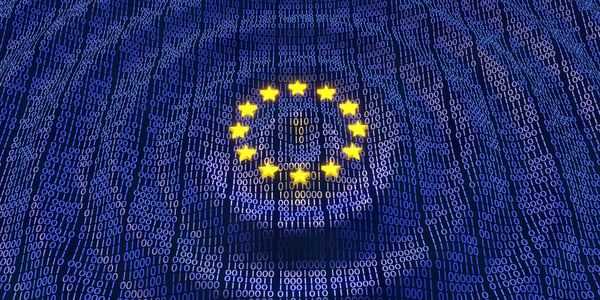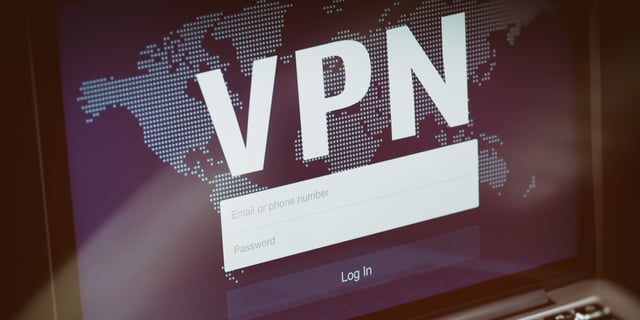
This week's review of ad fraud and quality in the digital advertising space.
.png?width=640&name=Display-iOS-mobile-APAC-share-of-voice-(April-2018-data).png)
Pixalate this week released a list of the top trending mobile apps (based on display advertising) in the Asia-Pacific (APAC) region in April 2018. The top trending U.S. apps (based on video advertising) were also released this week.
Download the full list to see which apps are trending in APAC.

The EU's General Data Protection Regulation (GDPR) came into force last week, and Advertising Age explores how publishers are taking different approaches to consent under the new regulation. "Some publishers provide an easy way to opt out of being tracked," wrote Advertising Age. "Others ... don't. And one offers an ad-free, no-tracking version of its subscription (for a higher price)." Read the recap on Pixalate's blog or read the full article on Advertising Age.

According to eMarketer, citing a Vibrant Media survey, 42% of senior ad buyers in the UK think "the GDPR will lead to [a] reduction of programmatic spend." However, the same number of senior ad buyers — 42% — don't think the GDPR will lead to a reduction in programmatic ad spend. "The remaining 16% had no opinion either way on whether GDPR will curtail programmatic dollars," wrote eMarketer.

As reported by AdExchanger, "...ad tech exchange players are already feeling whiplash" from the GDPR. "The crux of the problem is advertising technology vendors must have user consent for data-driven advertising – yet there are only two scaled ways to get it," noted AdExchanger. The problem, per the article, is that the two scaled options — Google'd GDPR pipeline or the IAB Europe's Transparency and Consent Framework — "aren't interoperable, at least for now."

The Next Web urges free VPN users to be cautious because some of those free VPNs are "selling your data to third parties." The article continued: "It was recently revealed that contrary to claims on their websites, 26 of the 117 most popular VPN services log user data despite touting contrary claims in their marketing. That revelation will seem tame compared to findings on how free VPNs operate: many openly and brazenly share/sell user data."
Sign up for our blog to stay updated with new stats, trends, and analysis of digital ad fraud.
*By entering your email address and clicking Subscribe, you are agreeing to our Terms of Use and Privacy Policy.
These Stories on Weekly Recaps
*By entering your email address and clicking Subscribe, you are agreeing to our Terms of Use and Privacy Policy.

Disclaimer: The content of this page reflects Pixalate’s opinions with respect to the factors that Pixalate believes can be useful to the digital media industry. Any proprietary data shared is grounded in Pixalate’s proprietary technology and analytics, which Pixalate is continuously evaluating and updating. Any references to outside sources should not be construed as endorsements. Pixalate’s opinions are just that - opinion, not facts or guarantees.
Per the MRC, “'Fraud' is not intended to represent fraud as defined in various laws, statutes and ordinances or as conventionally used in U.S. Court or other legal proceedings, but rather a custom definition strictly for advertising measurement purposes. Also per the MRC, “‘Invalid Traffic’ is defined generally as traffic that does not meet certain ad serving quality or completeness criteria, or otherwise does not represent legitimate ad traffic that should be included in measurement counts. Among the reasons why ad traffic may be deemed invalid is it is a result of non-human traffic (spiders, bots, etc.), or activity designed to produce fraudulent traffic.”

